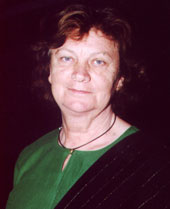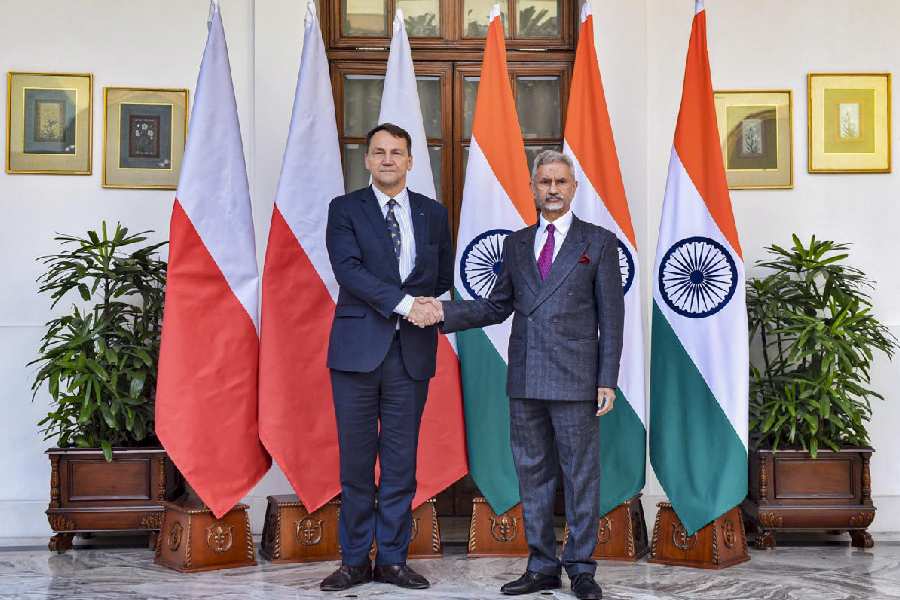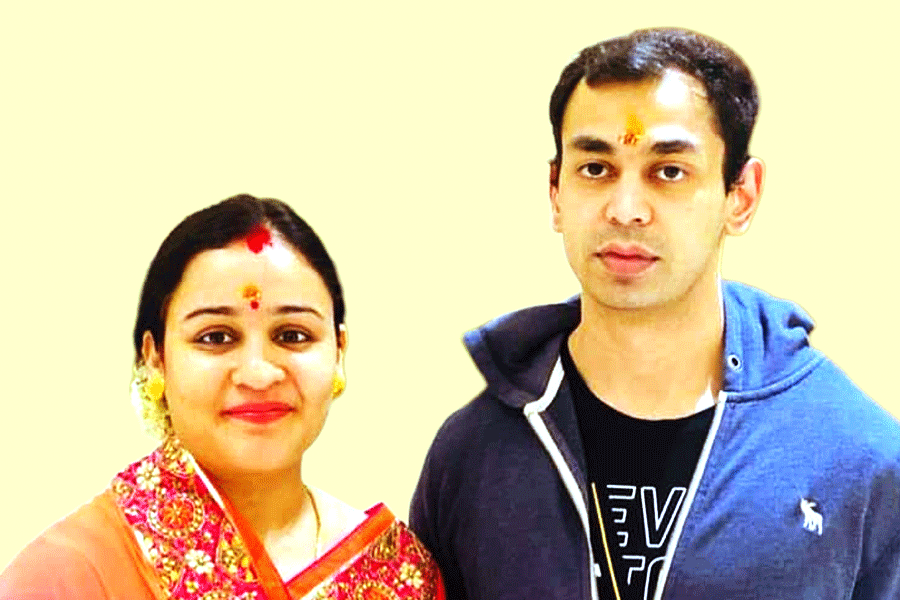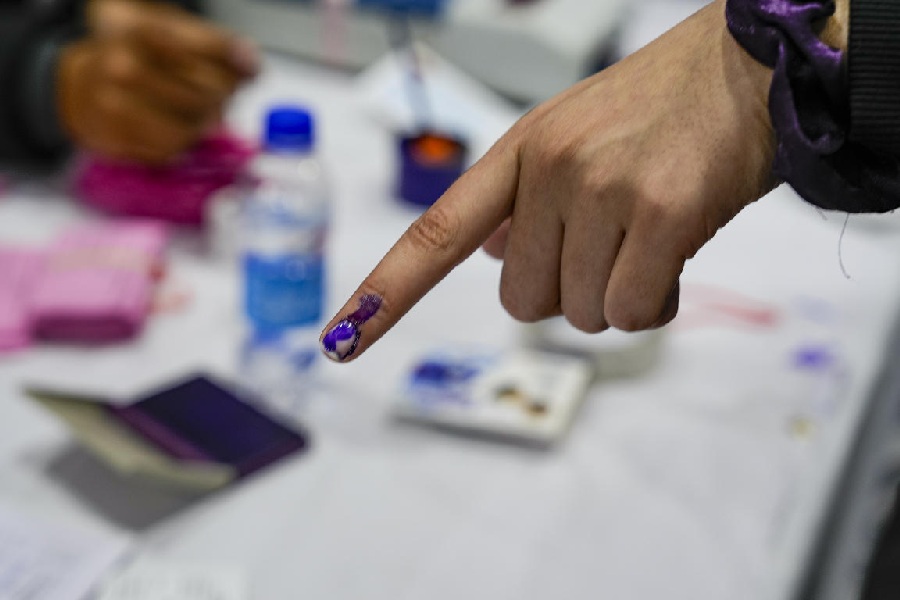 |
Marija Sres was 12 when she first dreamed of visiting India ? described in the Arabian Nights as the land with rivers of milk and honey. She was in her teens when she heard about Jawaharlal Nehru and the non-aligned movement. And she was 28 when she finally visited India ? as a Catholic sister.
But when she came to work with the Dungri Garasiya Adivasis in Sabarkantha district of northern Gujarat 35 years ago, the Slovenian nun found poverty, and not prosperity. She found a feudal and a patriarchal world in famine-affected Sabarkantha ? a land where women were looked down upon, sexually exploited by their own menfolk and harassed by government babus for the smallest of concessions. But Marija was intrigued by the remarkable spirit of these women.
“They sang and danced, smiled and survived the gravest of situations. I developed a deep admiration for them,” says Marija. “And this when they had no economic independence,” says Marija, who was in Delhi recently for the release of her third book.
Dressed in a bright green salwar kameez, her short brown hair framing her serene face, Marija is not what you’d expect a nun to look like. But this sister of the Society of Christ Jesus belongs to a sect that does not wear habits. She speaks fluent Gujarati, but with a faint European accent. And in a state where a section of its people treats Christian missionaries with suspicion, Marijaben ? as she is affectionately called ? knows that “a missionary cannot be above the people he or she serves. One must be with them and prepared to follow them”, she says.
For the past 30 years, a determined Marija has been working to help women of local communities attain economic self-sufficiency and societal respect. And she stresses that she couldn’t have entered their world without gaining their trust. She remembers the words of an old farmer. “He told me that people resented missionaries who gave them more than they could return,” recalls Marija. “He taught me to respect their dignity and never to get large funds from abroad, but to help them attain self-sufficiency.”
So, all these years Marija lived like the adivasis. She wore sarees, ate rotlo (maize roti) and bhaath (rice) and, above all, she learnt their language. From 1974 to 1976, she studied Gujarati and took a degree in Gujarati literature from Ahmedabad University ? a feat achieved by few foreign women in India.
But it was not easy for a foreigner and a nun to win the trust of adivasi women who were deeply suspicious of her to begin with. It took years of dedicated work before the gulf was bridged. “I’d travel in buses with them, visit them every day and interact with them. I knew they were testing me at first. But slowly, the ice was broken,” says Marija.
With time, Marija was able to motivate women to stand on their own feet. She started three women’s organisations ?? Stri Sangathan, Jyot and Pragati Mahila Mandal. Though the first two were dissolved, the third one continues to help adivasi women in their endeavour to attain economic independence. It is a recognised trust with more than 100 women from 10 villages. The embroidery work that the women do gets them an additional income, which is a boon in drought-hit Sabarkantha. “Earlier, they had to depend on their husbands even for their smallest needs. With an additional income, today, they are independent,” says Marija.
Her experiences with the adivasis found form in her writings. The book launched at the India International Centre earlier this month was a collection of character sketches of women from Sabarkantha. The 2004 original in English was followed by a Slovene edition in 2005 and Jya Maru Haiyu, Tyaj Maru Ghar (Home is where my Heart is) in Gujarati in 2006.
Her first book in Gujarati, Girasma ek Dungri (A Hill on Mortgage), was awarded the second prize for short stories in 1994 by the Gujarat Sahitya Akademi. The book is a collection of 15 true stories from the lives of the Dungri Garasiya adivasis. The compelling stories ? of Kamliben who was forced to sleep with men for money or that of pretty Jiviben who never trusted a man after being deceived by her first love ? won her rave reviews from the Gujarati literary world.
Seasoned Gujarati writers such as Manubhai Pancholi ‘Darshak’, Umashanker Joshi and Sonal Shukla were all praise for Marija’s book. “You are the first one to bring adivasi women into Gujarati literature,” wrote Manubhai Pancholi to Marija soon after the book was released. Says Sonal Shukla, who is also the director of Vacha Women’s Resource Centre, Mumbai, “It was a powerful and creatively written book. It was written in three distinct linguistic styles ? partly adivasi language, partly elite, upper class Gujarati and at some places you find that the author groping for words and taking them from a dictionary. But the effect was not jarring and worked well for the author.”
Girasma ek Dungri has since been translated into English, Slovene, Spanish and Marathi. In 2005, as part of its centenary celebrations, the Gujarat Sahitya Parishad selected it as one of the 100 most significant books in Gujarati literature. Six of her short stories will now be adapted for a television serial to be telecast on Doordarshan. Her second book, Kavita Sathe Samvaad (Talking with Young Women), too won a literary award from the Gujarat Sahitya Parishad in 1997.
The latest book talks of people such as Manglaben, the first teacher of one of the Dungri Garasiya villages, who, though more educated than her husband, could not escape his beatings when she was unable to produce a son. “She taught me never to get angry with people, but to convince everyone with mithas (sweet words),” says Marija.
In the course of her association with the adivasis, not only did the adivasis benefit from her, but she stresses that she too gained immensely from them. “I have been transformed like the pebbles on a river’s edge. They taught me that life is a gift from God and we should enjoy every moment of it,” says Marija.
Today Marija looks back with pride at having achieved her goal of helping the adivasi women attain economic self-sufficiency. “They are now managing on their own without my help,” says a happy Marija.
She is currently working on a book on folk tales that were recounted to her over the years by her adivasi sisters. The one tale that is not there ? but will certainly be a part of folkore one day ? is that of a Slovenian fairy godmother who changed the lives of the women of Sabarkantha. They called her Marijaben.










